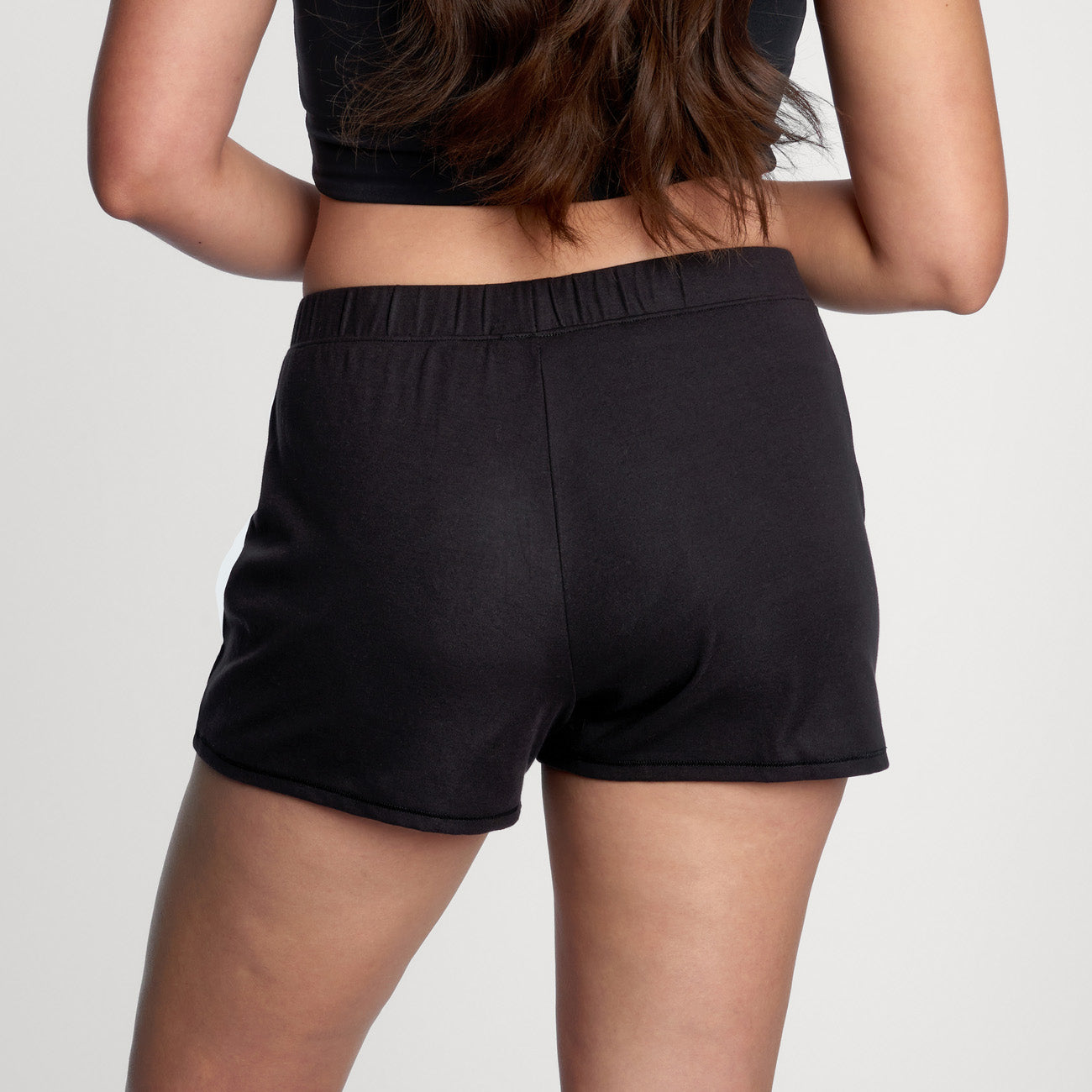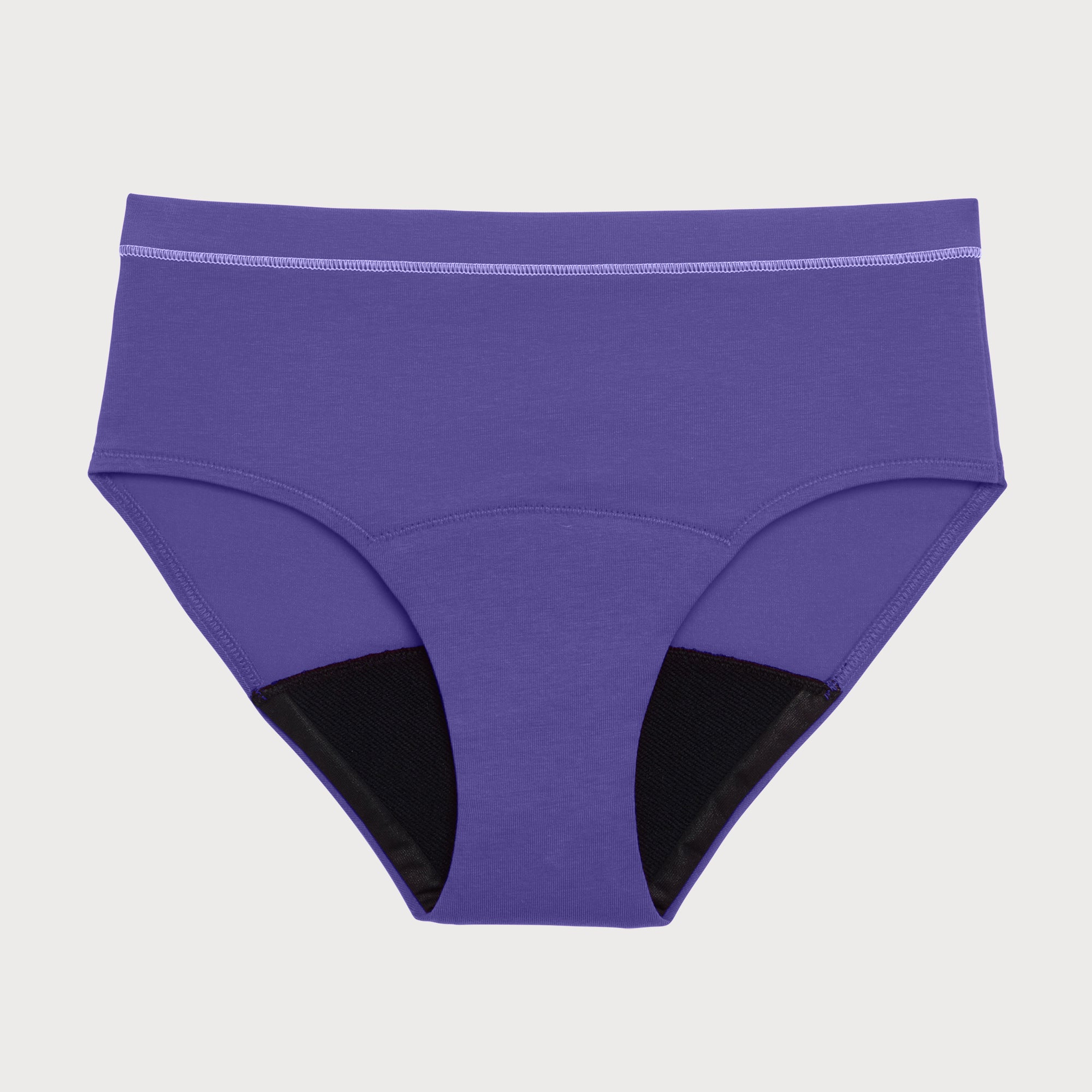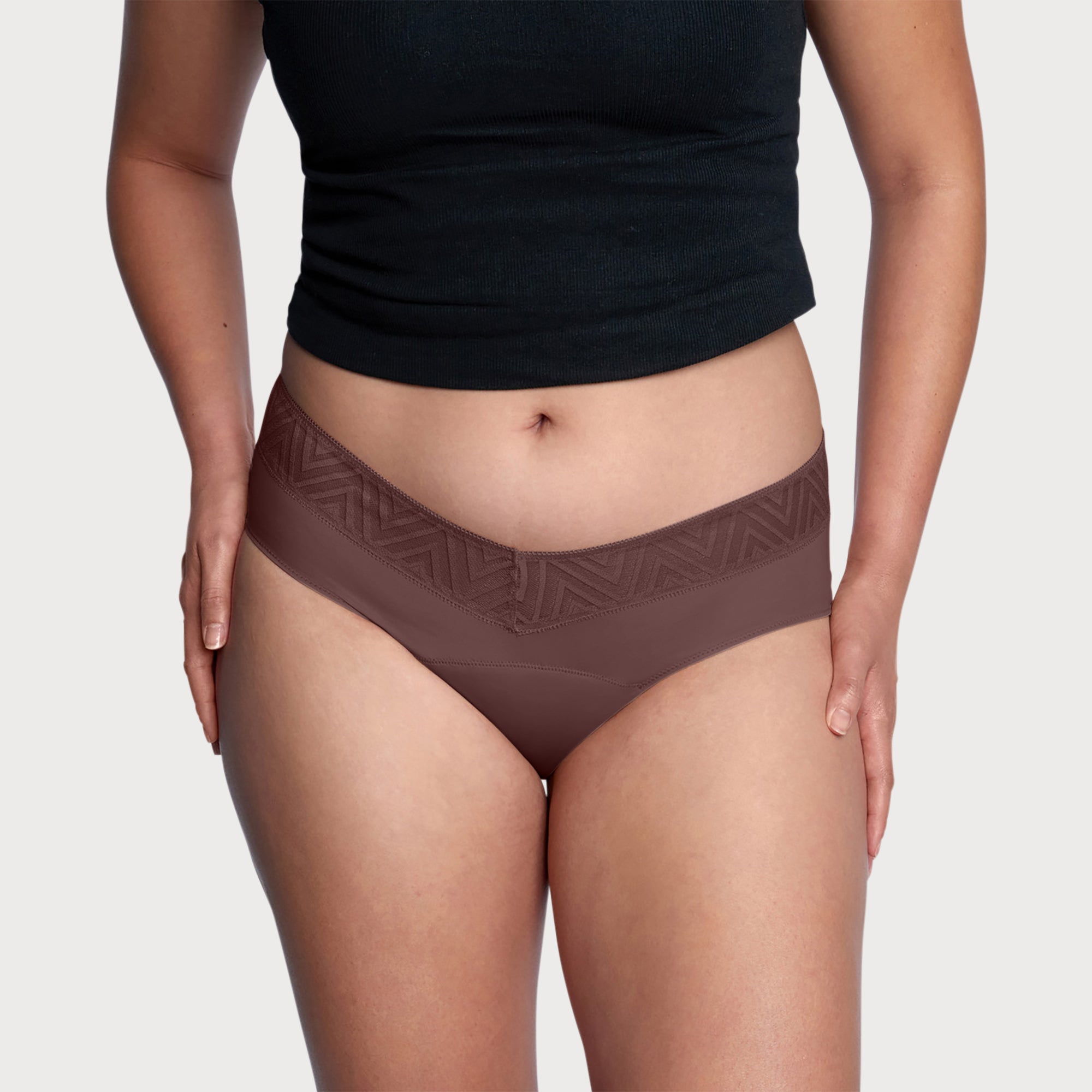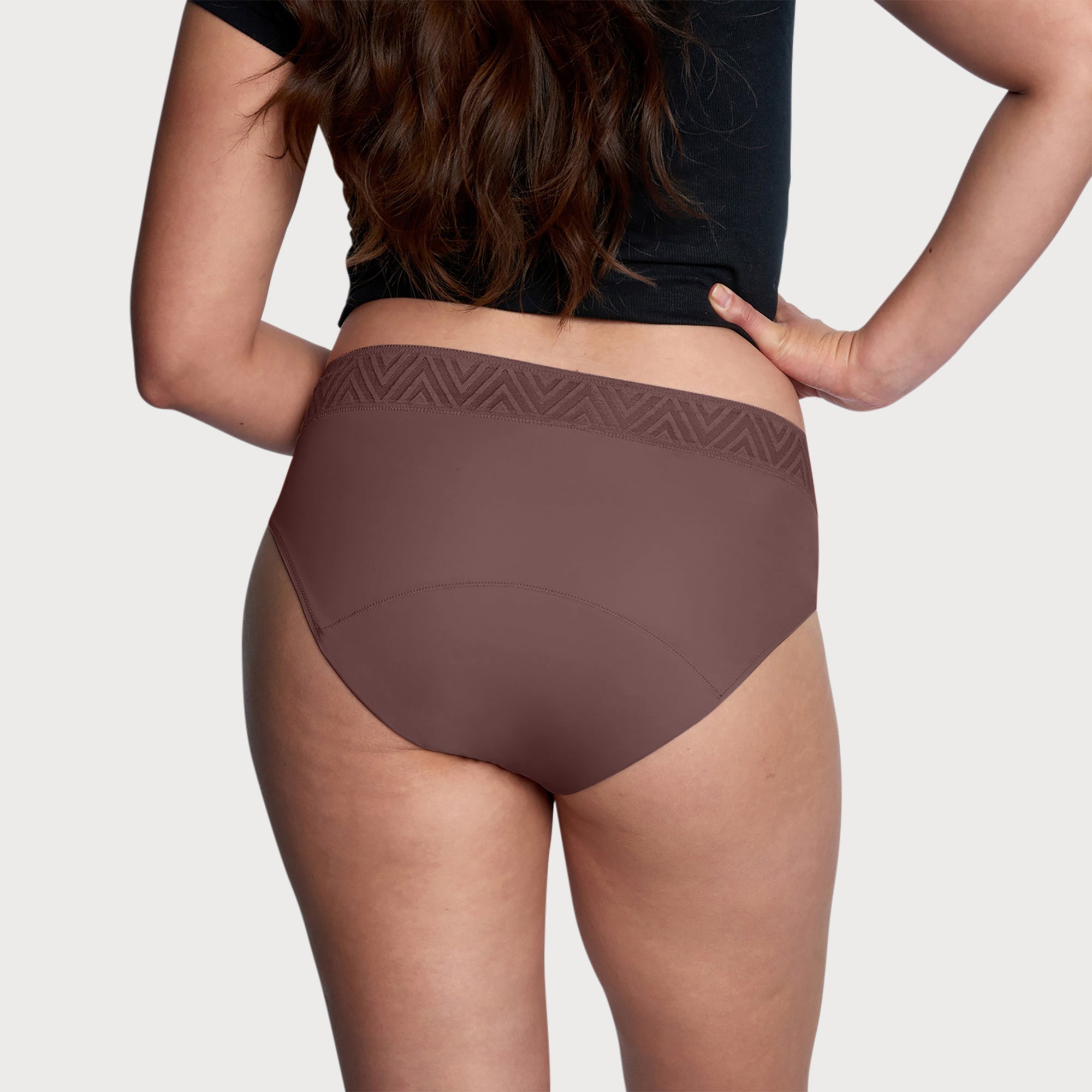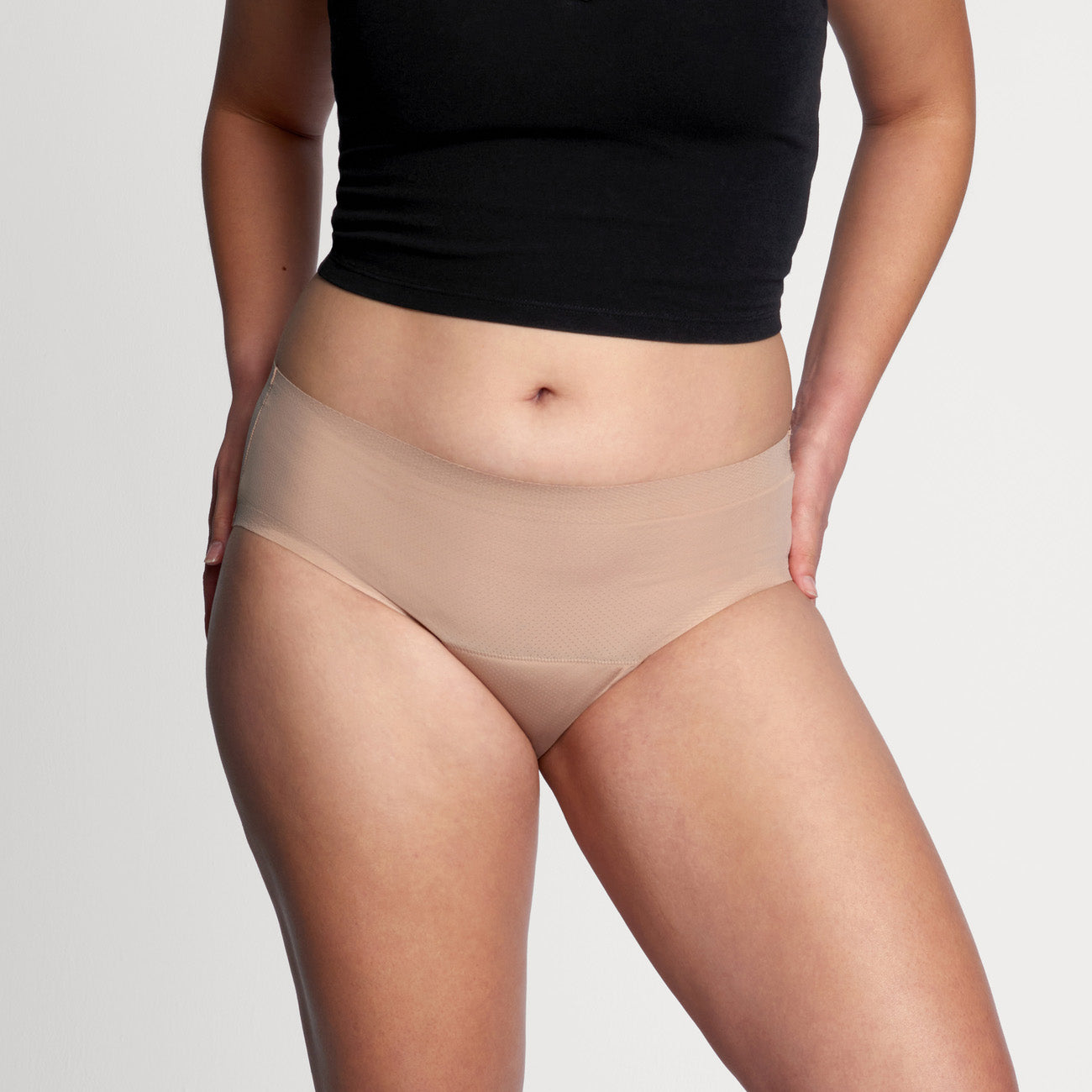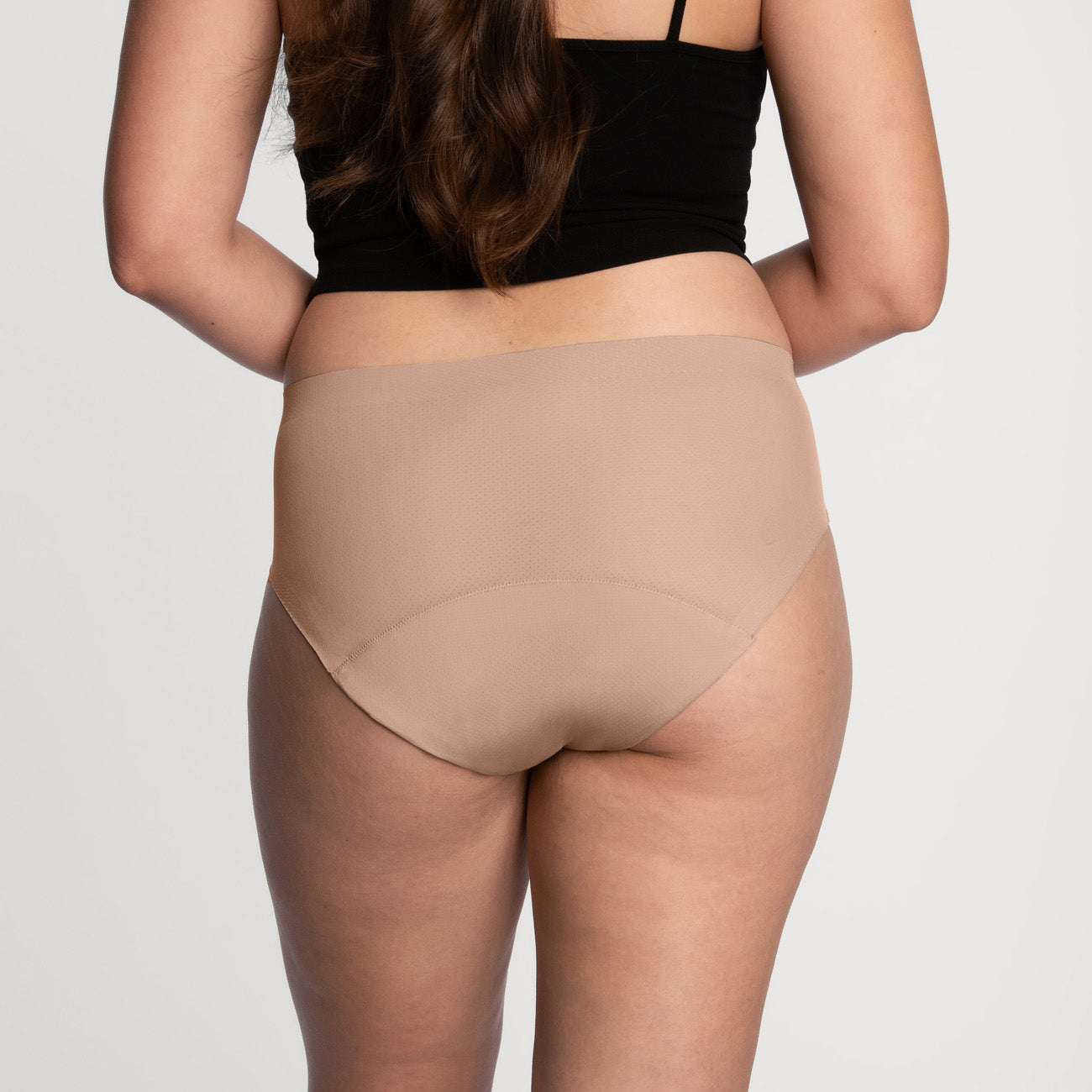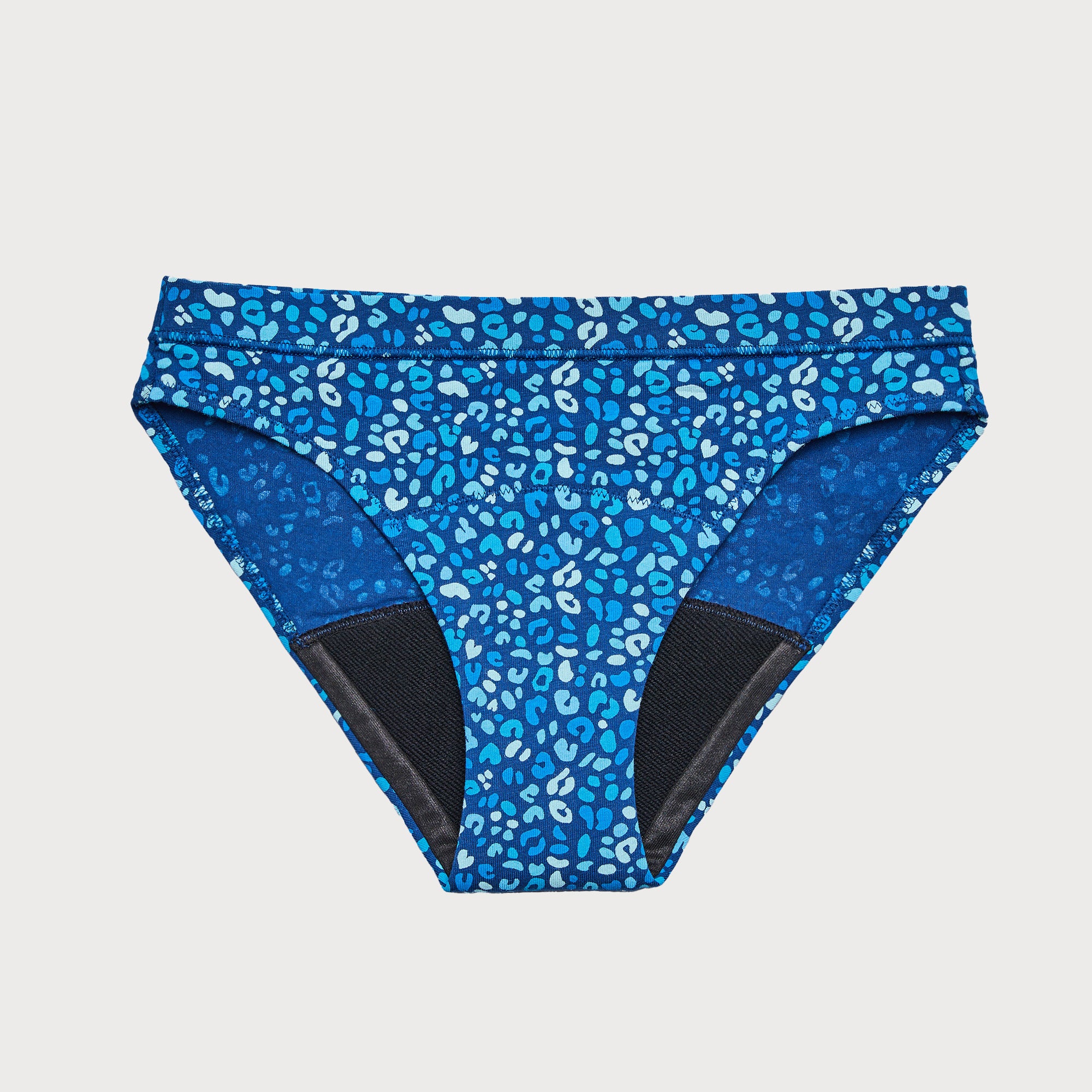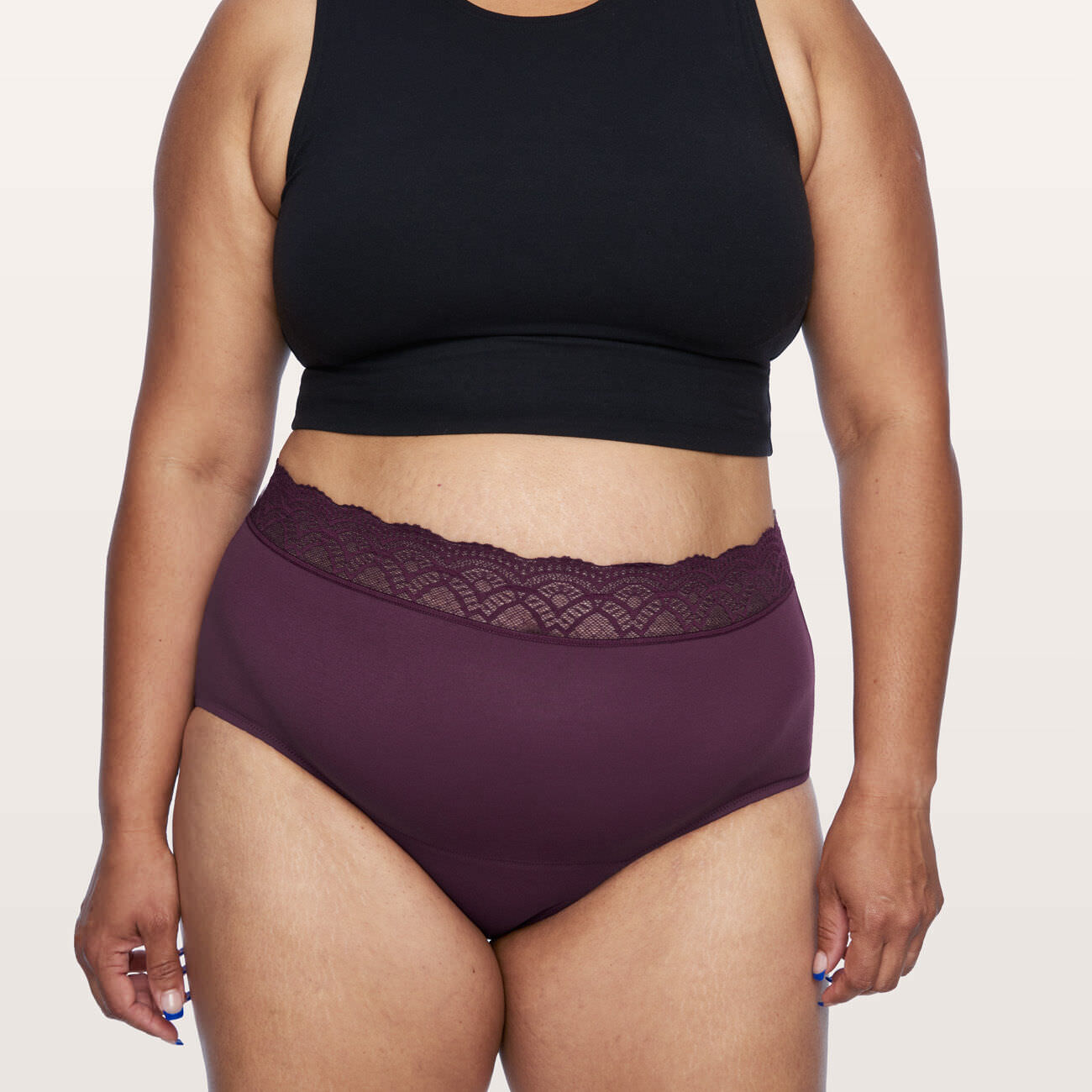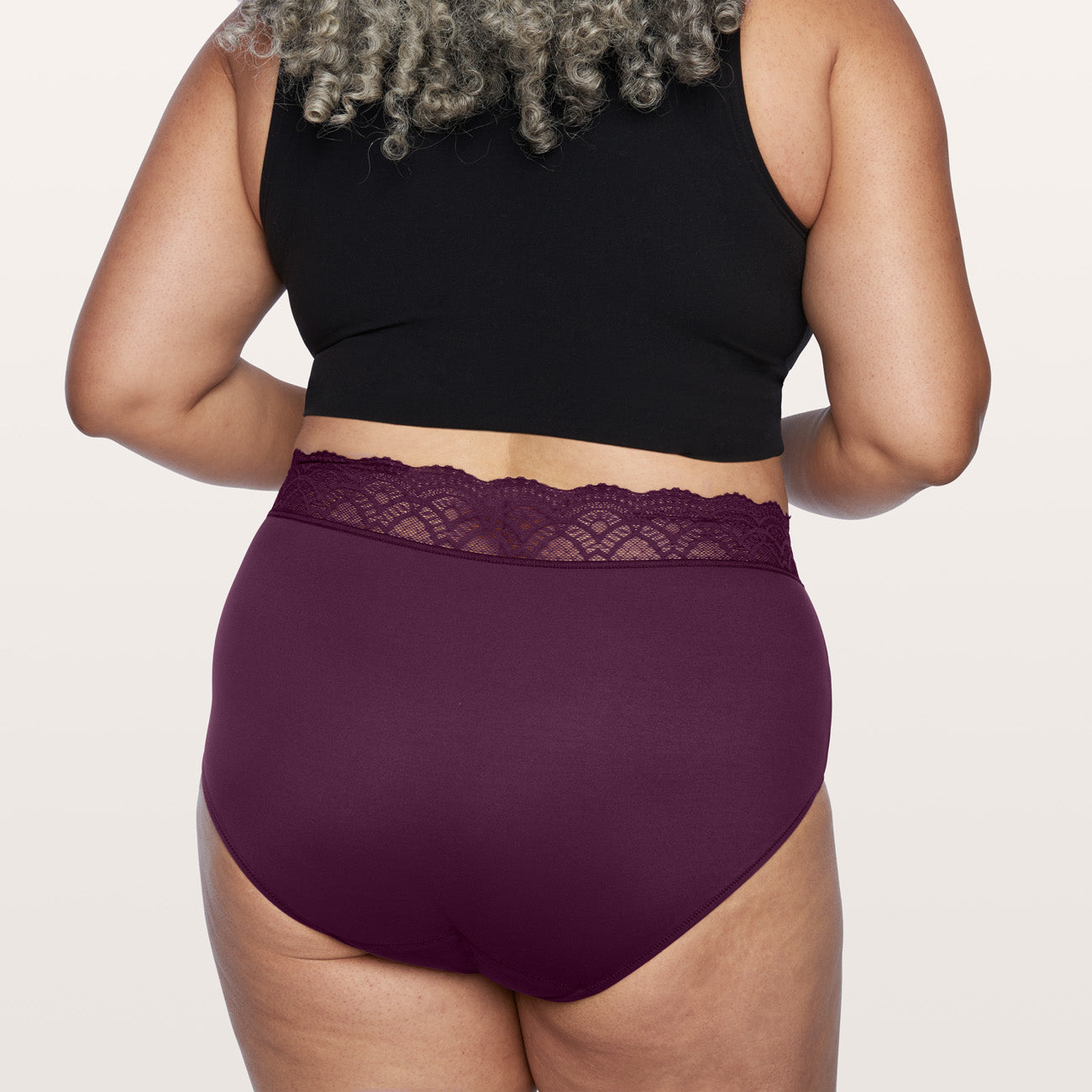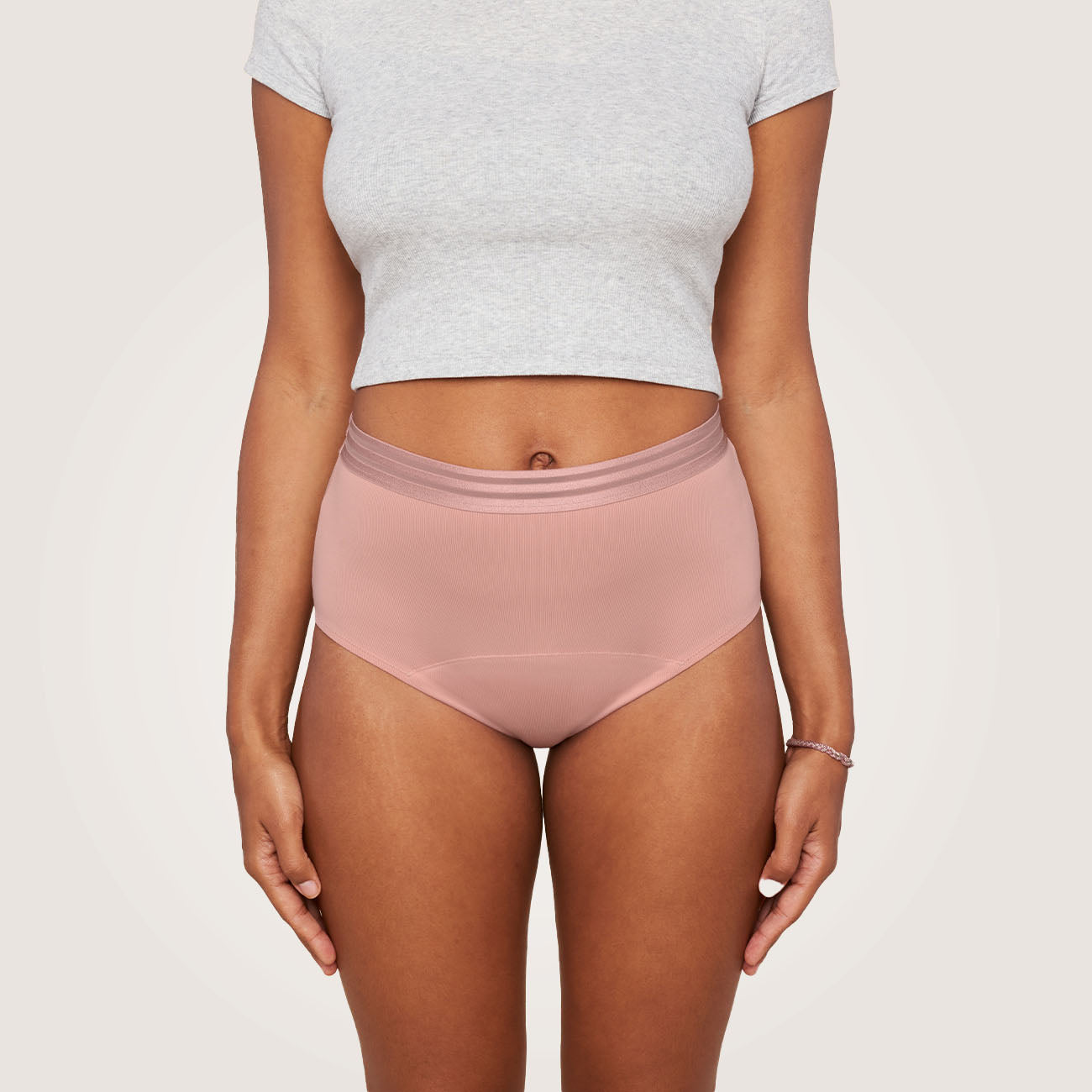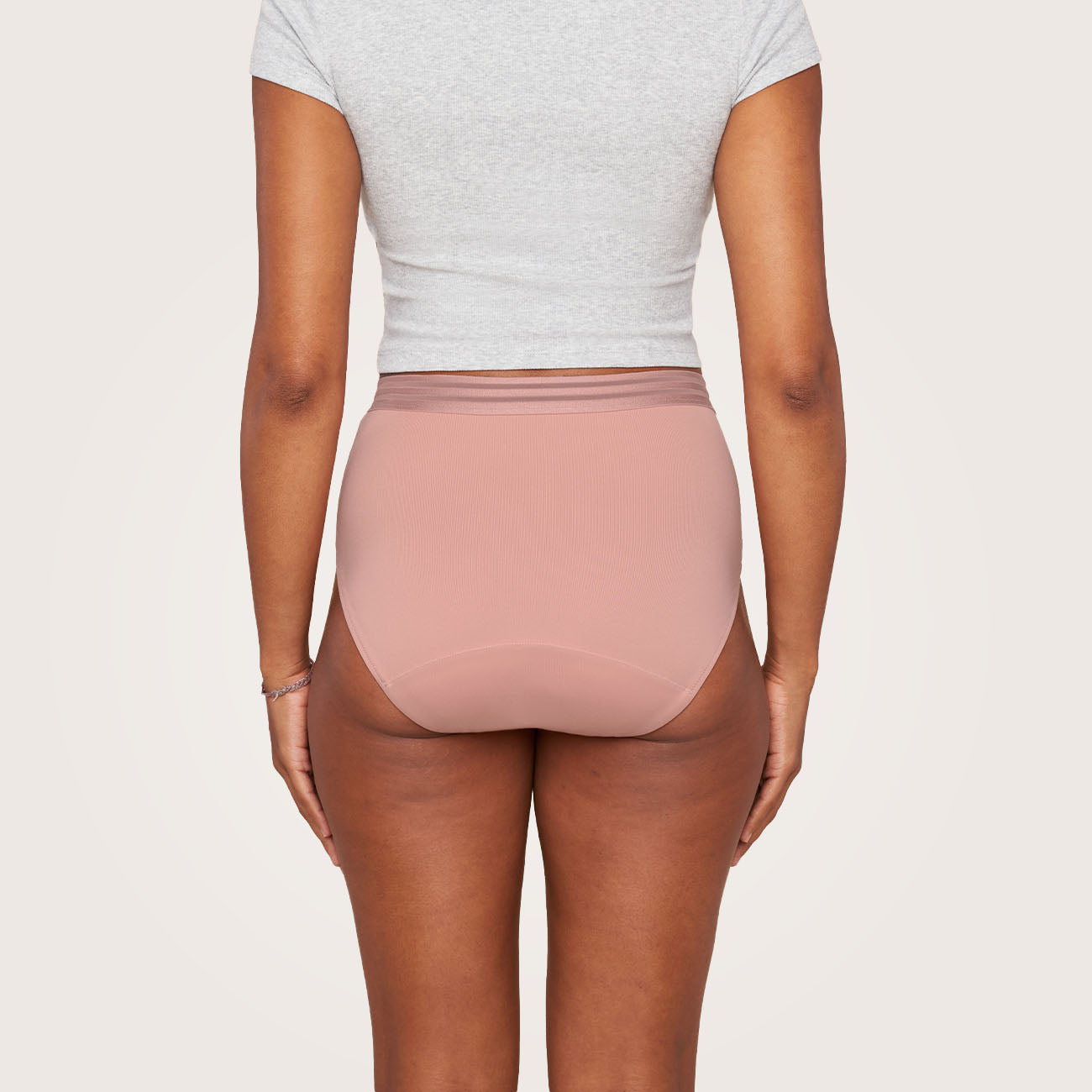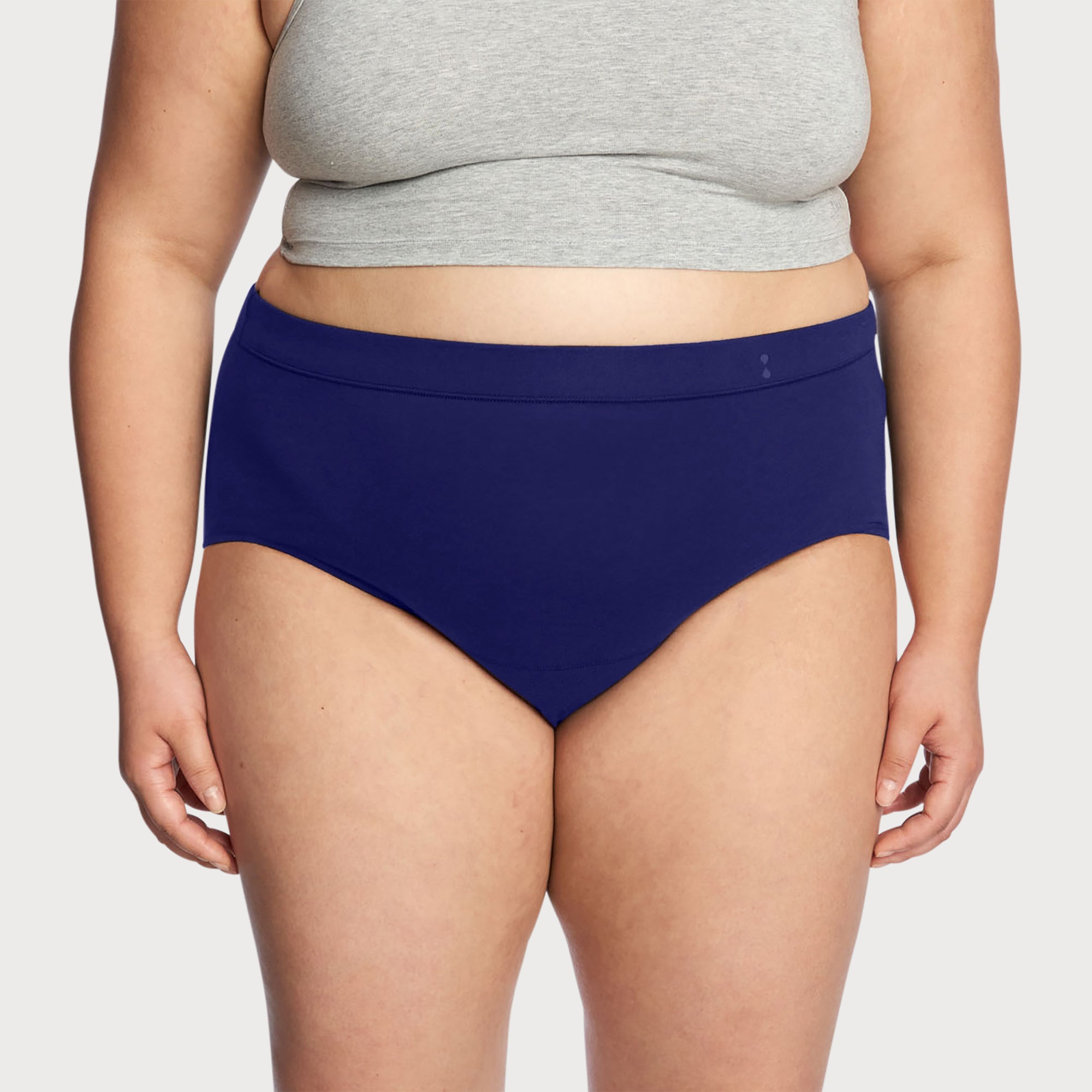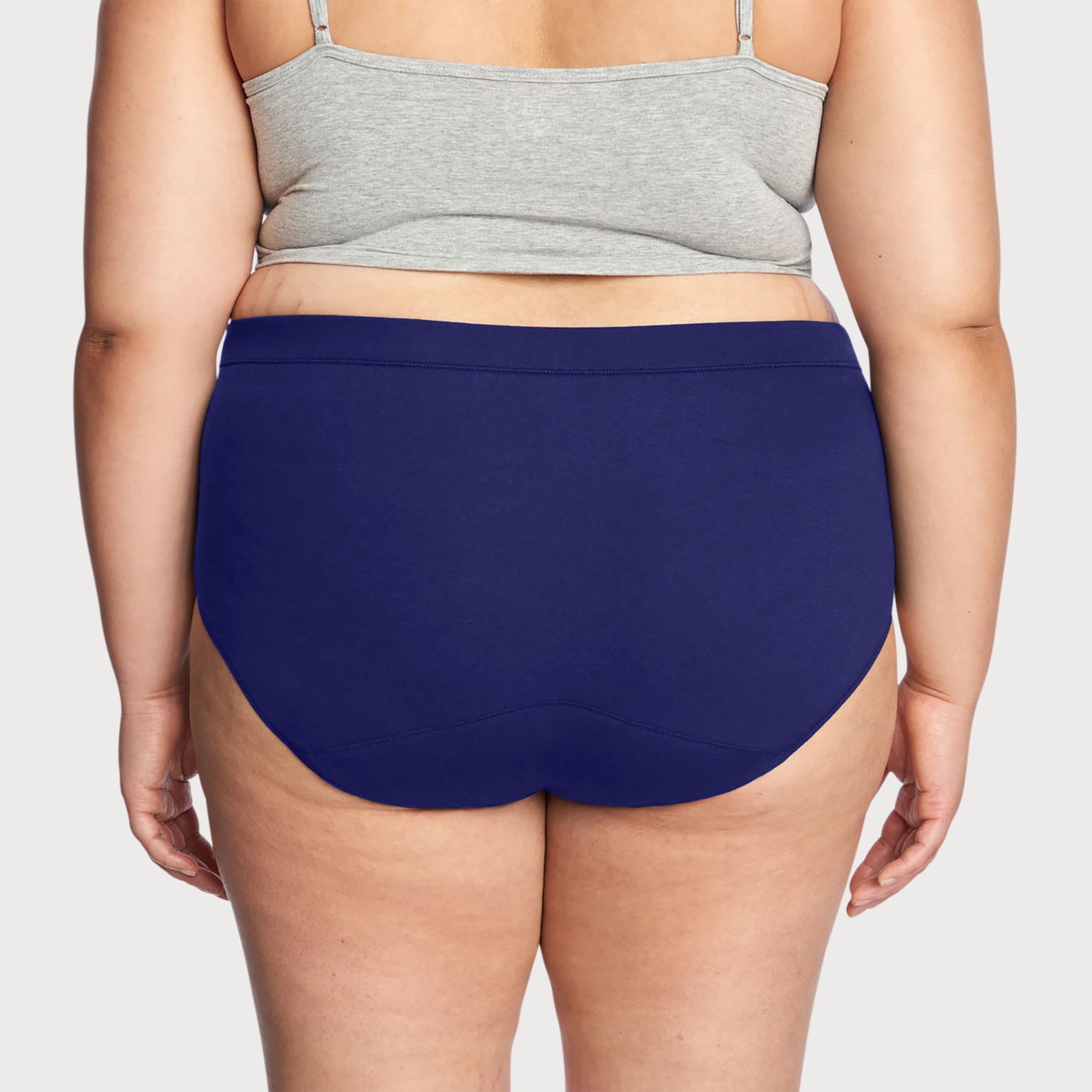I'm Pregnant. Why Do I Feel The Urge to Pee?
- Share this article Copy to clipboard

You may notice that you feel like you need to pee more often when you are pregnant. You're not alone – it's a common symptom for many of those who are expecting. Why do you feel the need to pee so frequently, even when there's little or nothing to show for it when you do go?
Let’s explore what happens to your body when you're pregnant and why you may be feeling the need to go to the bathroom all the time, so that you can better manage your bathroom trips and get back to enjoying your pregnancy.
why you may be feeling the urge to pee with little coming out
With pregnancy, it’s totally normal to feel the constant urge to pee! This can be caused by the uterus growing and crowding your bladder, which presses against it and creates that constant urge you are feeling. Additionally, in the first trimester of pregnancy, your body produces more hormones which causes the bladder muscles to relax, which could also lead to an increased urge to pee. Then when you are in the third trimester, your baby will drop down into the pelvis and push on your bladder even further. All these things and more could be the reason why you feel like you need to constantly go pee.
some reasons behind needing to pee when pregnant
There are several reasons why you may feel the urge to pee more frequently when pregnant.
When muscles and the lining of the bladder are disturbed, the nerves in charge of those regions can misfire, and the bladder's muscles can contract, which is the cause of overactive bladder (OAB) syndrome. According to the Mayo Clinic, "OAB is a condition that occurs when the bladder muscles contract uncontrollably and create a sudden, strong urge to urinate." If you experience this issue often, it's important to visit your healthcare provider to discuss possible treatment options.
As your uterus expands, it puts pressure on the urinary bladder muscle and decreases distention space for the bladder, resulting in an increased urge to empty it. This can become more prominent in your first and third trimesters of pregnancy as your baby grows.
A urinary tract infection (UTI) can also cause the bladder to become inflamed and irritated, leading to increased contraction frequency of the bladder muscle, discomfort with bladder distention, and pain with peeing (which is why it is important to address any issues related to a urinary tract infection quickly).
what to do about bladder leaks while pregnant
While it’s normal to have occasional leak after peeing, there are some tips you can use to reduce your risk of urine leakage and help ease the frequent urge to go:
Maintain a healthy pregnancy weight. Doing so helps to reduce the stress on your organs and pelvic muscles, which in turn can help prevent bladder leaks while pregnant.
Lean forward while sitting on the toilet. This can help empty your bladder more completely. Try urinating two times in a row to help make sure all of your urine has been emptied.
If your urine leakage becomes excessive or uncomfortable, we recommend speaking to a healthcare provider for better advice and treatment options.
what can you do to ease the urge to go?
The good news is that there are a few things you can do to make the frequent urge to pee easier to manage.
Make sure you’re drinking enough fluids. Being dehydrated can make it harder for your body to process liquids and can make you feel like you need to pee even more frequently.
Try kegel exercises. Regularly performing these exercises can help improve bladder control and reduce urinary incontinence. Exercises like these can strengthen your pelvic floor muscles and can help with bladder control. Start by stopping the urine flow when you do go to the bathroom, then, tighten and release the muscles in your pelvic floor for several seconds at a time.
Consider using products specifically designed for bladder leakage, such as Thinx for All Leaks. We designed these to help provide discreet, comfortable protection for light to moderate bladder leaks. Thinx also offers special underwear that is designed to help prevent leaks when your period returns postpartum.
Take frequent bathroom breaks throughout the day. Emptying your bladder completely should in turn reduce how often you make trips to the restroom. Make sure to take these breaks before you feel too uncomfortable, as it may be too late once the urge kicks in.
Moral of the story: it is not uncommon to experience urinary incontinence after childbirth or when you're pregnant! Try out these tips to help make the urge to pee more manageable, especially if you're an expecting parent.
At Thinx, we strive to provide our readers with the most up-to-date, objective, and research-based information. Our content is crafted by experienced contributors who ground their work in research and data. Articles contain trusted third-party sources that are either directly linked within the text or listed at the bottom to lead readers to the original source.
sources:
Mayo Clinic, Overactive Bladder. www.mayoclinic.org/diseases-conditions/overactive-bladder/symptoms-causes/syc-20355715.
Mayo Clinic, How to Squeeze in Kegels All Day Long www.mayoclinic.org/healthy-lifestyle/womens-health/in-depth/kegel-exercises/art-20045283
Pampers. Frequent Urination During Pregnancy. https://www.pampers.com/en-us/pregnancy/pregnancy-symptoms/article/frequent-urination-during-pregnancy
Baby Center. Frequent Urination During Pregnancy. https://www.babycenter.com/pregnancy/your-body/frequent-urination-during-pregnancy_237
NIH. Bladder Control Problems. https://www.niddk.nih.gov/health-information/urologic-diseases/bladder-control-problems/treatment
Very Well Family. Frequent Urination in Pregnancy. https://www.verywellfamily.com/frequent-urination-in-pregnancy-4177475




